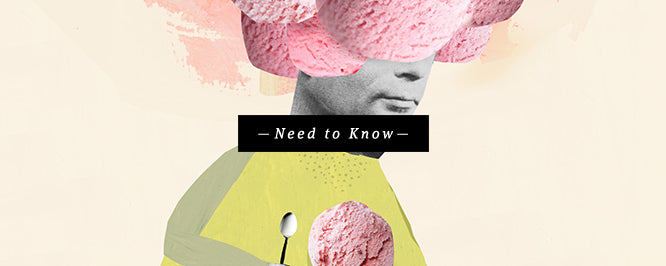 The Wrong Eating Habits Can Hurt Your Brain, Not Just Your Waistline
The Wrong Eating Habits Can Hurt Your Brain, Not Just Your Waistline
NPR | Alan Yu
A diet high in saturated fats and sugars, the so-called Western diet, actually affects the parts of the brain that are important to memory and make people more likely to crave the unhealthful food, says psychologist Terry Davidson, director of the Center for Behavioral Neuroscience at American University in Washington, D.C.
Why Your New Year's Resolution Will Fail
Breaking Muscle | Riley Holland
You can always add to your list of New Year's goals once you have momentum. But the attitude should be that once you say you'll do something, come hell or high water, you're going to do it. So make few promises, but keep them all. That's how you accumulate real power.
19 Ingenious Design Books to Inspire You in 2017
Wired | Margaret Rhodes
The best design books have the power to spark new thoughts, theories, ideas, and opinions. Collected below is a diverse collection of 19 such books, published in the past year. Here you’ll find everything from black-and-white photos of Brutalist buildings, to heady essays on graphic design’s role in society, to pretty doodles. Whatever your interests, there’s something here to fascinate and inspire you in 2017.
How to Meditate
The New York Times | David Gelles
Mindfulness meditation isn’t about letting your thoughts wander. But it isn’t about trying to empty your mind, either. Instead, the practice involves paying close attention to the present moment — especially our own thoughts, emotions and sensations — whatever it is that’s happening.
In addition to basic meditation instructions, we’ve compiled guided meditations for a few popular exercises including the body scan, walking meditation and mindful eating. “Each of the applied mindfulness practices brings alive an experience that might otherwise be more automatic,” said Ms. Brach.



